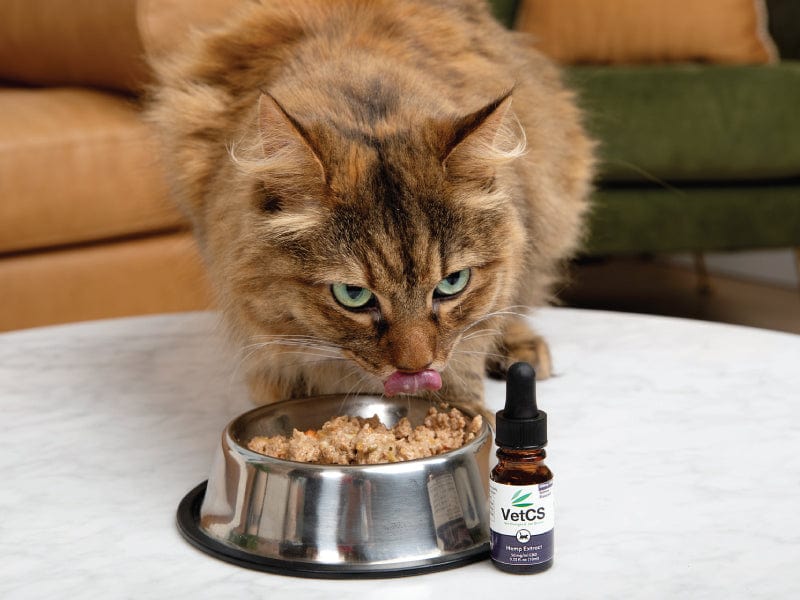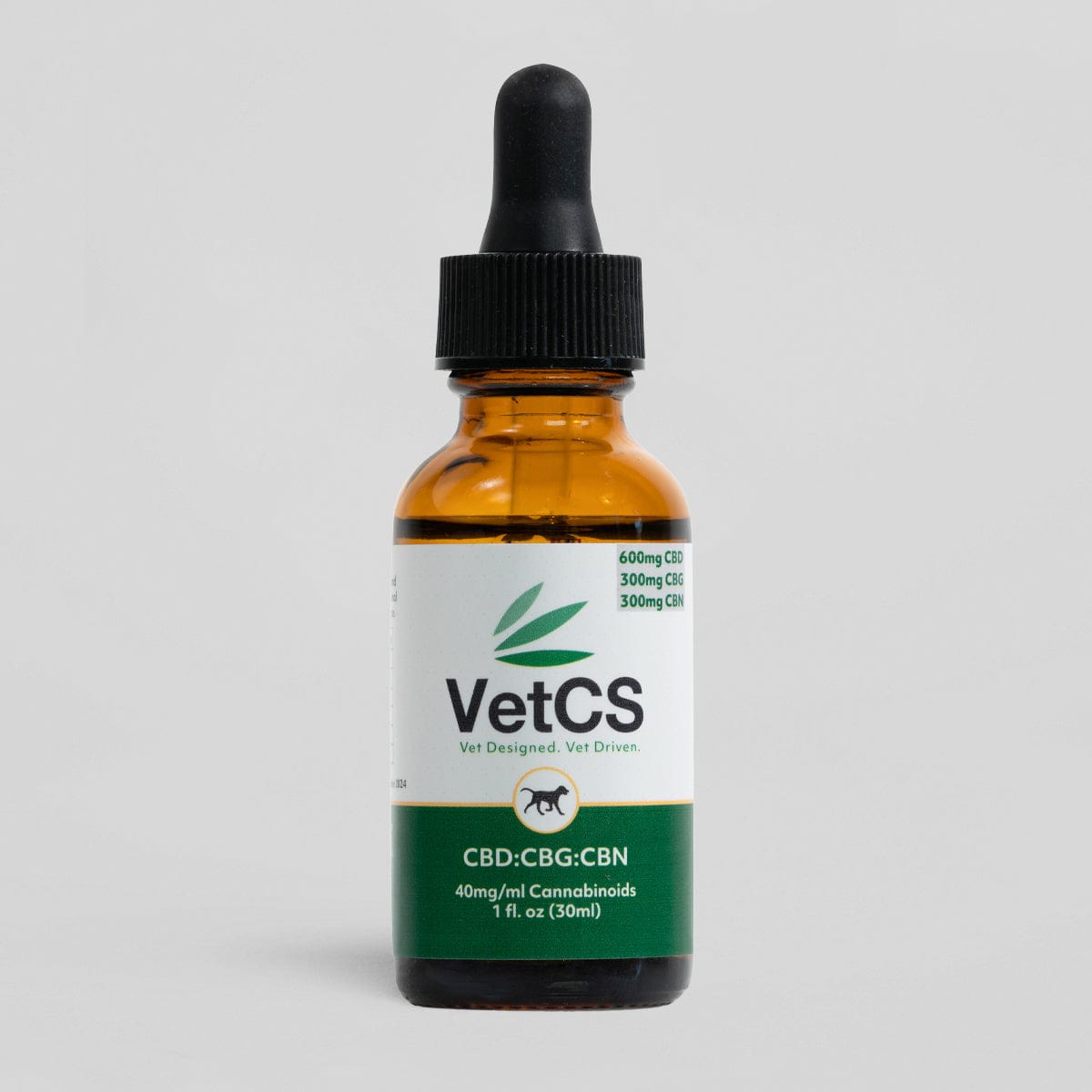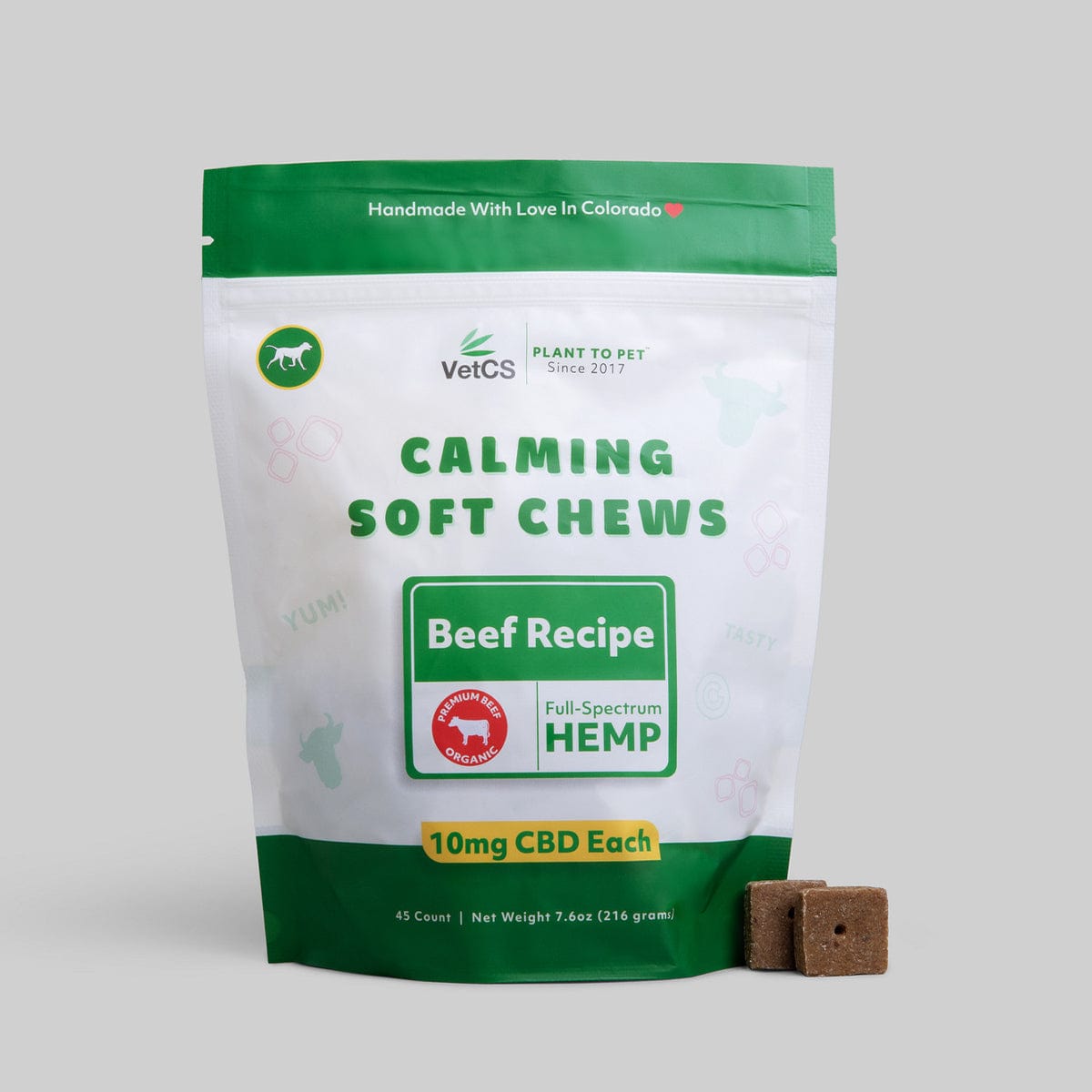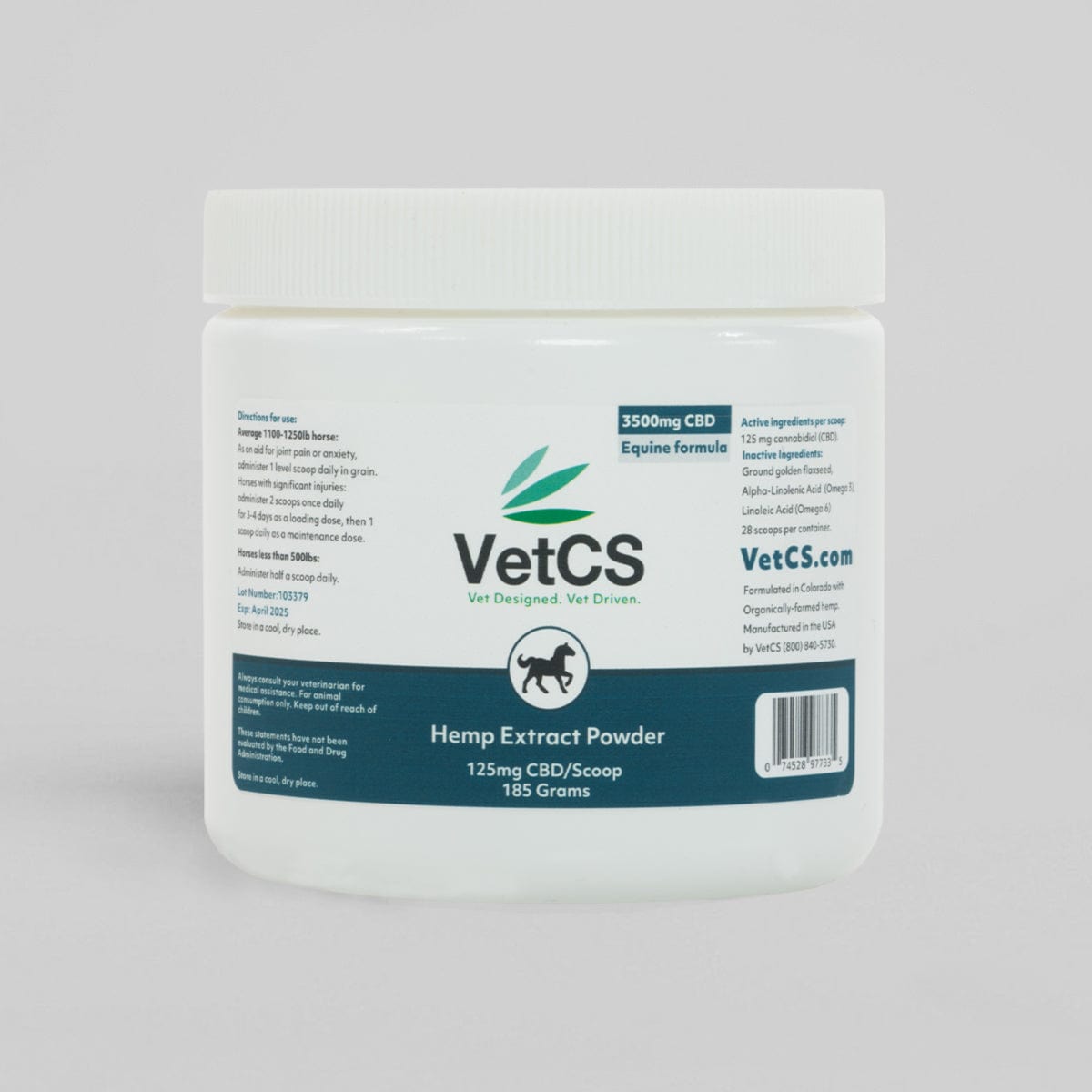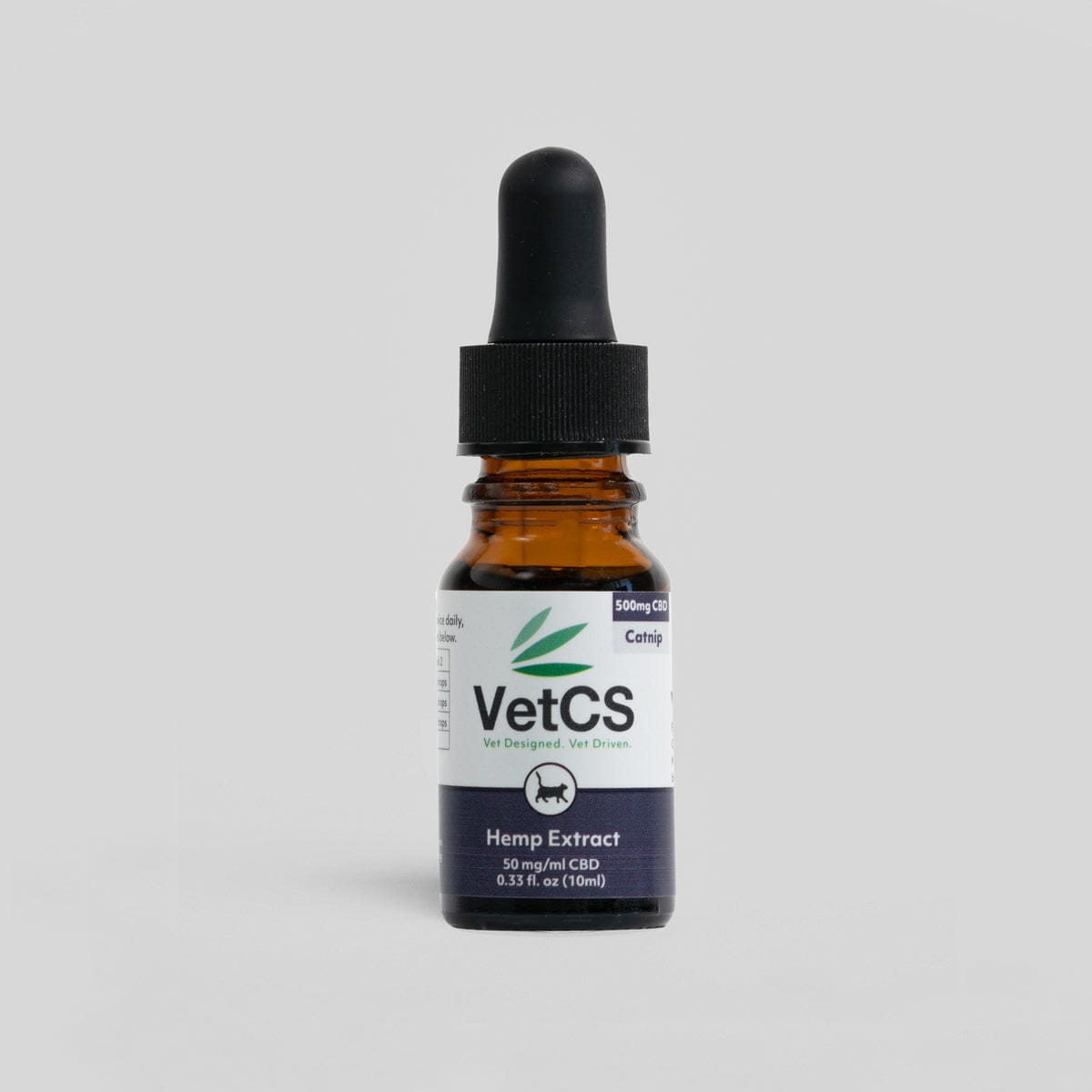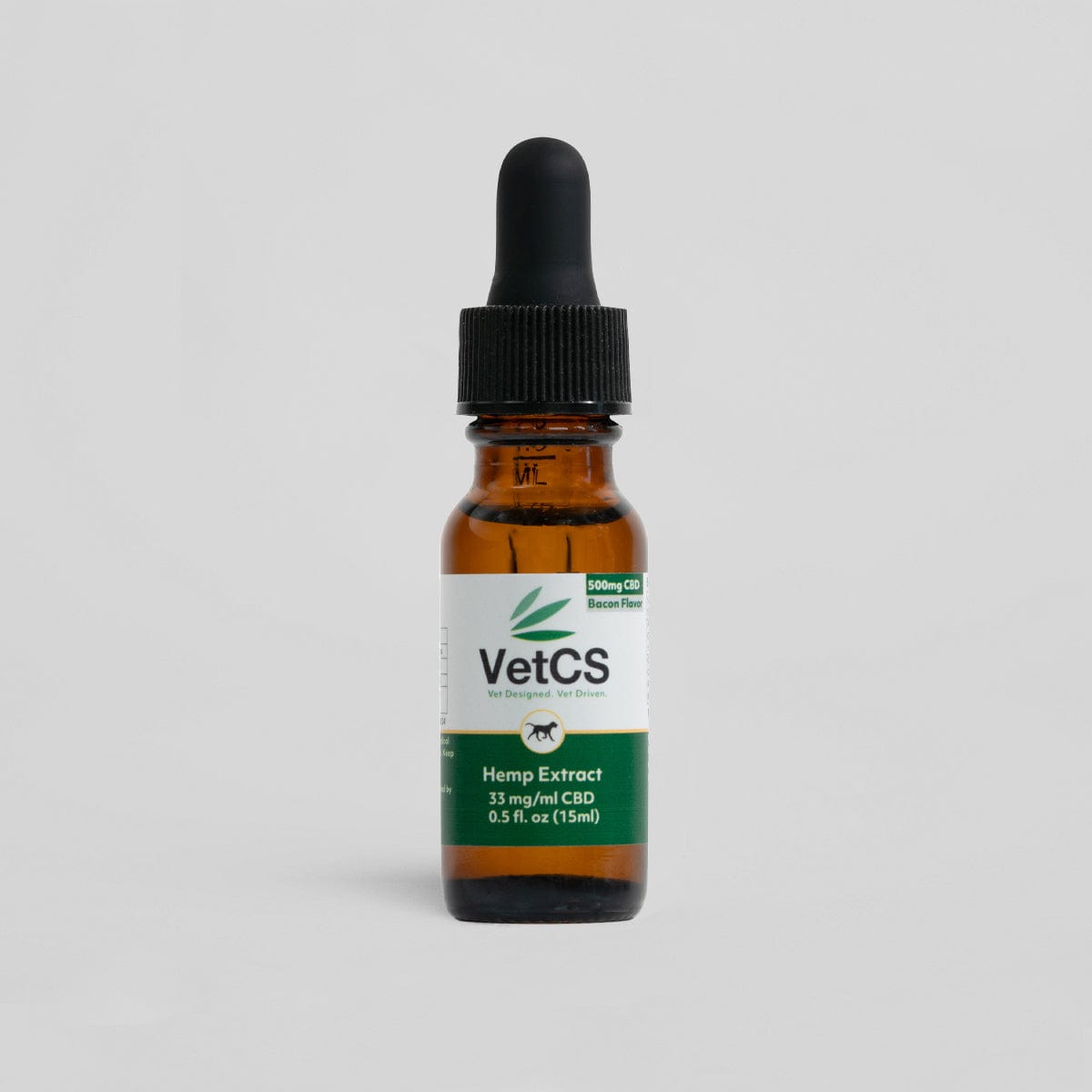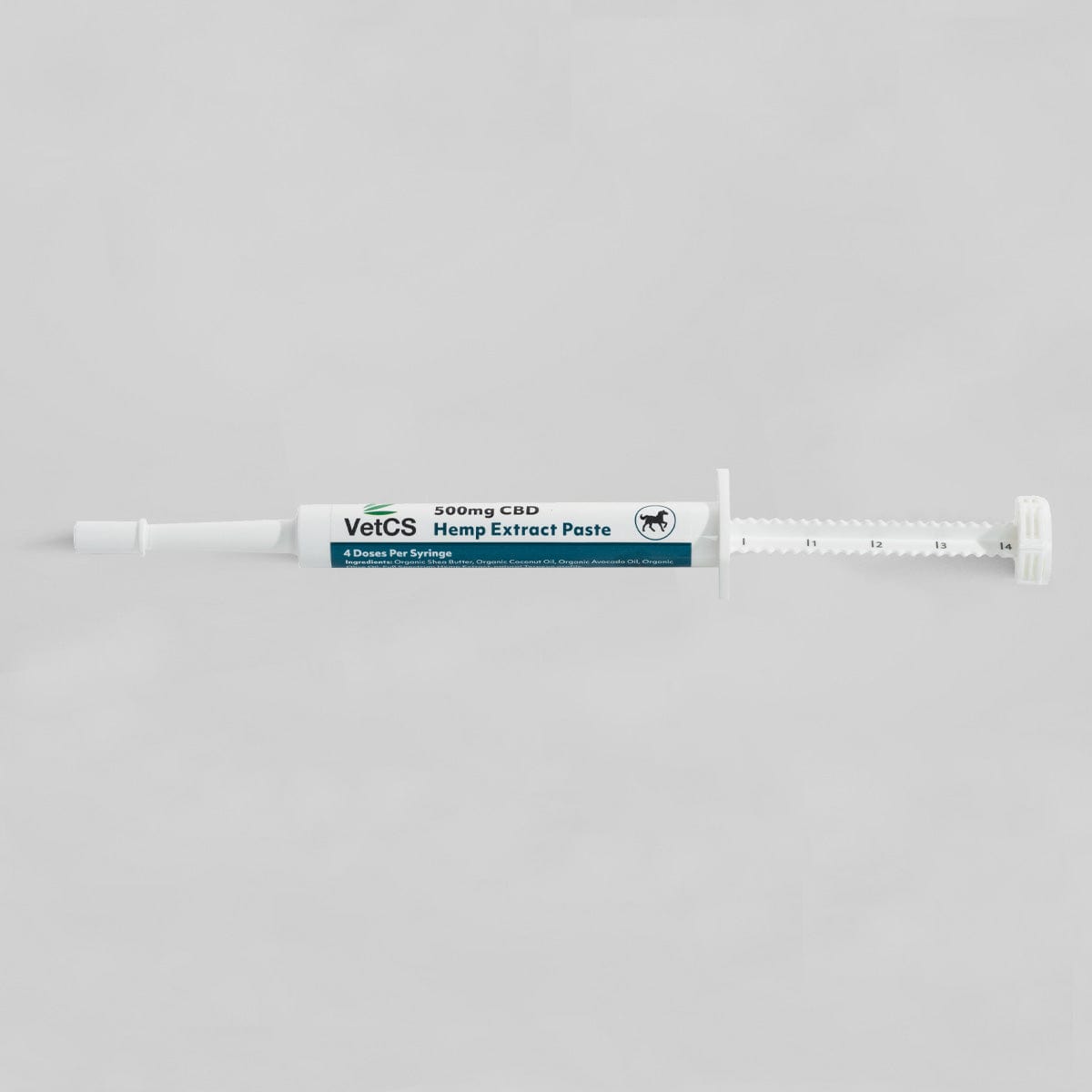The term “Water soluble CBD” has been commonly used in the cannabis space, so you may have seen this term before. Water soluble CBD drinks, capsules, topicals and many other products have entered the market over the past few years. For the consumer, certain labeling terms can start to get confusing. So, lets break this down a little bit. Can CBD truly be water soluble?
If you think back to your science classes in school, attempting to mix oil and water was always a fun experiment as a visual aid of how oil repels water. If you stir oil and water together quickly, they can appear to combine but once the stirring stops, the droplets start to separate and create a separate layer. Cannabinoids are similar as they are hydrophobic (water-repelling) compounds and do not start out truly being water soluble. We can, however, create vehicles to allow cannabinoids to be water compatible and thus water soluble. Using a surfactant assists the mixture to be visually homogenous (happily combined). This allows them to be termed as water soluble products. We can assist CBD to be water compatible during the formulation process by using nanoemulsion and microemulsion. These small, concentrated forms allows CBD to appear to be water soluble. If this process is done correctly, this allows them to be termed water-soluble products. This certain “packaging” of cannabinoids creates a vehicle that allows it to be carried more effectively. What’s the benefit of making CBD water compatible? Typically medications that are hydrophilic are better absorbed by the gastrointestinal system. Studies are underway to prove that water soluble CBD is better absorbed; initial research shows that improved absorption occurs when using taking emulsified CBD(1).
So the short answer is no, CBD and hemp extracts themselves are not water soluble. However, with scientific advancement we are able to allow products to appear and be marketed as water soluble by making them water compatible. The VetCS team has release a new canine joint chewable tablet that includes collagen, glucosamine HCL, MSM, chondroitin sulfate, green lipped mussel, and water compatible CBD. This is an easy (and tasty!) option for joint support for active dogs or dogs struggling with daily mobility issues. Research has shown that joint supplements can play a role in preventing osteoarthritis(2).
References:
1) Millar, S.A.; Maguire, R.F.; Yates, A.S.; O’Sullivan, S.E. Towards Better Delivery of Cannabidiol (CBD). Pharmaceuticals 2020, 13, 219. https://doi.org/10.3390/ph13090219
2)





